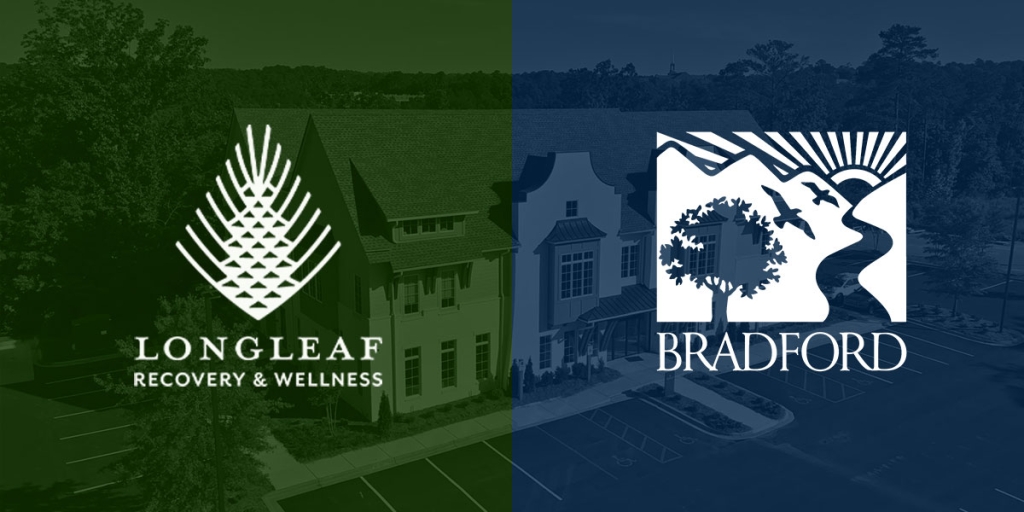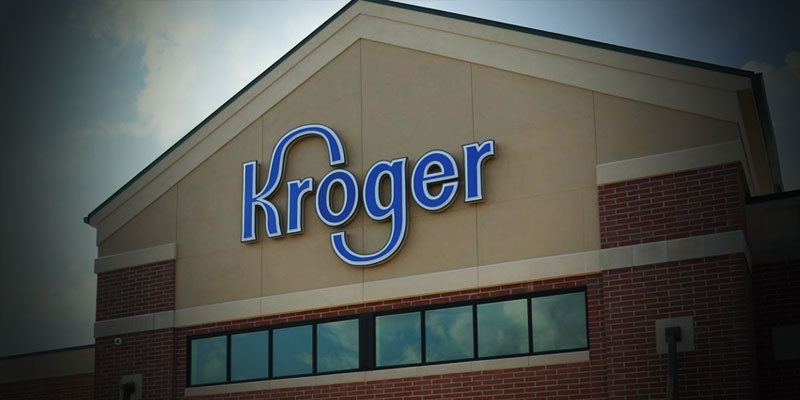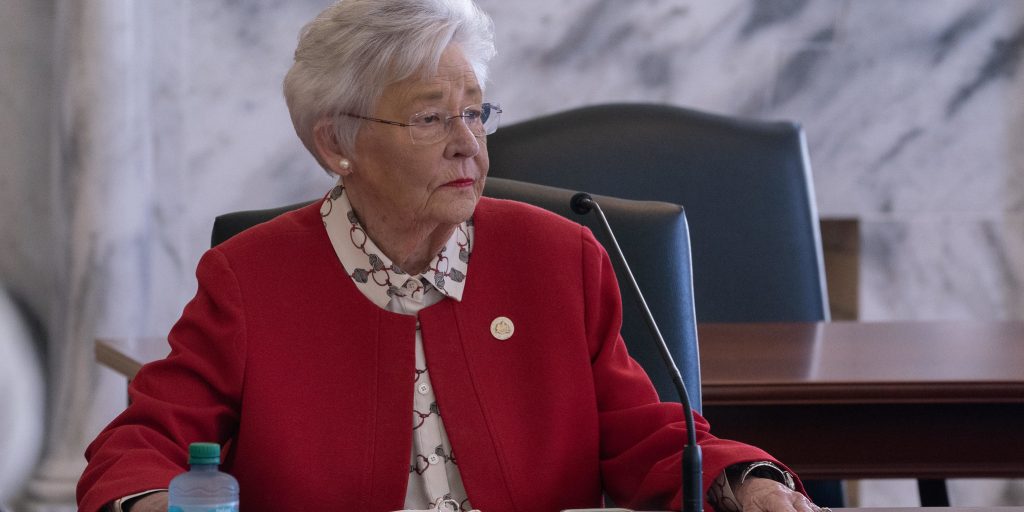According to research conducted by the University of Alabama, Alabamians face many structural barriers to the treatment of opioid addiction.
The findings show Alabamians face hurdles relating to access and transportation to treatment facilities as well as other social factors that stand in the way of individuals seeking assistance.
The study also finds that hostile attitudes among the public and family members of those who struggle with addiction play a role in preventing victims of the epidemic from seeking treatment.
The school says the findings come from statewide surveys and discussions with community leaders and the public. UA says the assessments are the first step to provide a framework to reduce health disparities related to addiction and opioids in Alabama.
The release notes that the work is part of the UA-based Alabama Provider Capacity Project and supported by a $5.1 million grant funded by the Centers for Medicare and Medicaid Services of the U.S. Department of Health and Human Services.
The project’s stated goal is to decrease health disparities relating to addiction and opioids, particularly in the state’s low-income, rural communities.
UA began research during the coronavirus pandemic, when the state’s opioid crisis dramatically worsened. According to the Alabama Department of Mental Health, drug overdoses in 2020 increased by 20%.
The release says that researchers found most Alabamians are not in close proximity to treatment opportunities such as detox or in-patient programs, which they must travel far distances to get access to.
The study shows many people travel to a new city, county or across state lines to access treatment. According to the findings, over 27% of Alabamians struggling with addiction reported transportation as a barrier to seeking treatment. Further, for over 35% of Alabamians seeking treatment, finding a program that fits their schedule is a barrier.
Dr. David Albright, project leader and the Hill Crest Foundation endowed chair in Mental Health Research in the UA School of Social Work, says rural areas of the state face the toughest barrier in gaining access to treatment.
“This is especially a problem in Alabama’s rural areas when the same people who lack nearby access to treatment also lack the necessary transportation to get to treatment,” said Albright. “By the time someone secures transportation, gets time off work, and finds a treatment center with availability, they’ve lost interest. We need to be able to help people when they want the help.”
The research also suggests a need for more public health education to address knowledge of and stigma surrounding addiction. Attitudes hostile to treatment facilities locating near residential neighborhoods or beliefs about certain treatments being better than others pose as barriers to treatment.
UA says over 18% of Alabamians who have struggled with addiction described family shame as a barrier to accessing treatment.
Albright notes that changing sentiments toward addiction could assist the individual in being comfortable seeking treatment.
“Many people still view addiction as a moral failing rather than a disease,” Albright stated. “That’s simply not true. With the proper resources, this disease is absolutely curable. People with substance use disorder need support, not judgment.”
The Alabama Provider Capacity Project is supported through a collaboration between the Alabama Medicaid Agency, the Alabama Department of Mental Health and VitAL, a behavioral health initiative at The University of Alabama School of Social Work.
To complete the research, VitAL enlisted the help of UA’s Center for Economic Development, Center for Business and Economic Research, and Institute for Social Science Research.
Dylan Smith is a staff writer for Yellowhammer News. You can follow him on Twitter @DylanSmithAL













